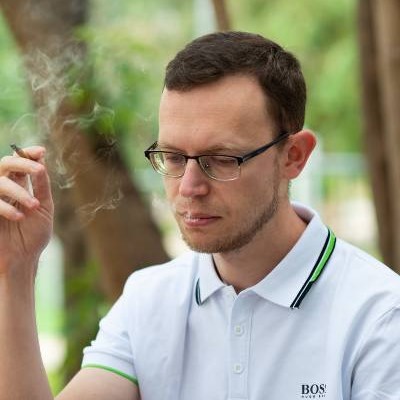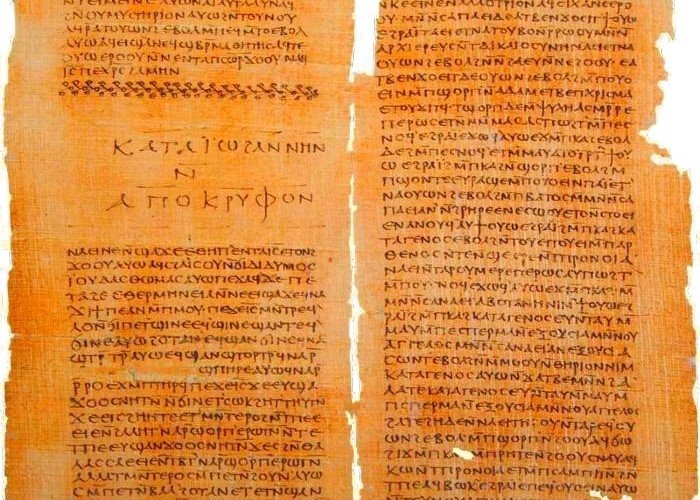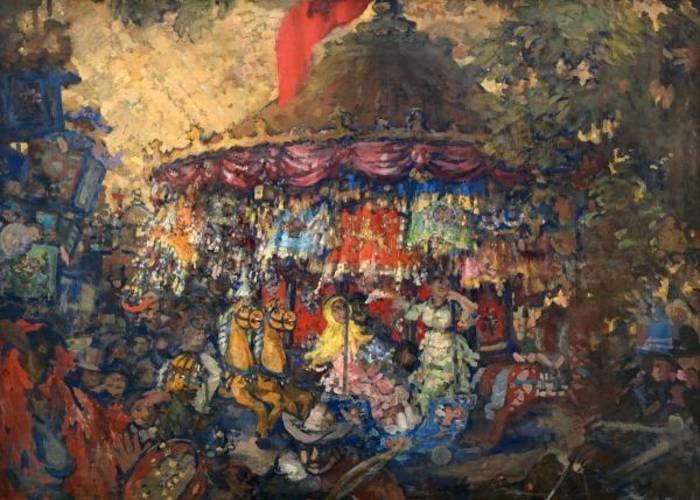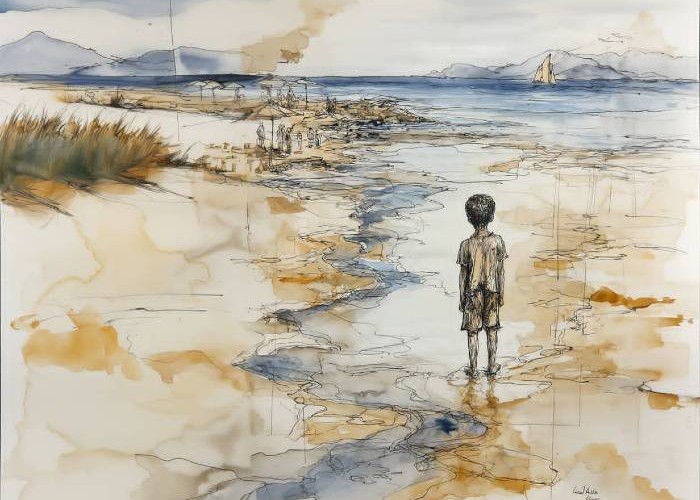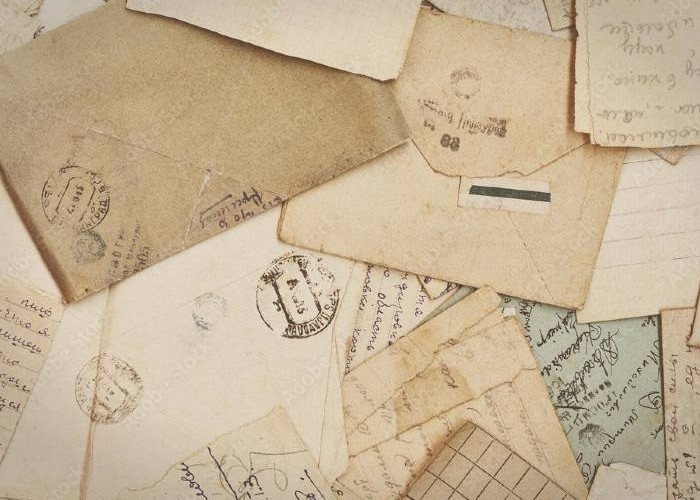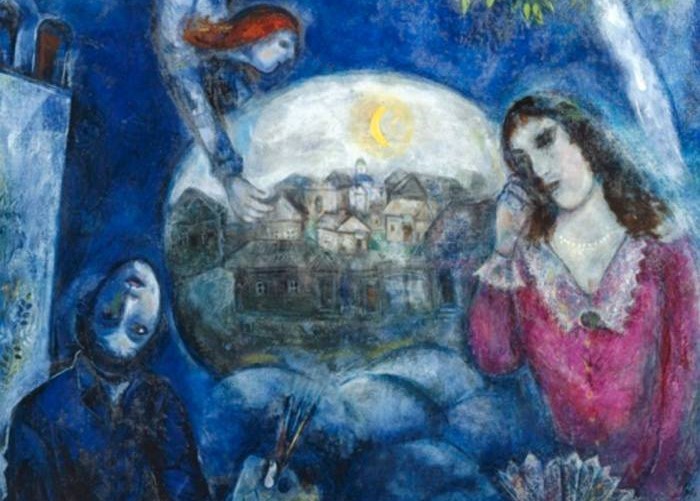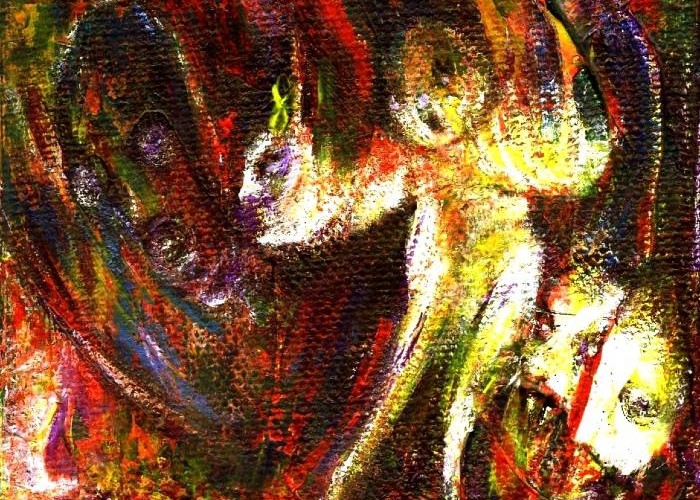BALAGAN
Yesterday, after a sleepless night involving multiple feedings of the newborn and a war with surviving cockroaches, my wife woke me up and asked me to take my older daughter to her ride. Usually, in the mornings a special woman named Sima is waiting for us not far from the house; she gets into a special cab with Agatha and accompanies her to the school for special children. It’s called a ride here. Anyway, I pulled on my wife’s jacket half asleep, took Agatha by the hand, and went outside in my underpants and slippers, as it were.
For some reason, there was no one outside. The piercing wind was blowing through my jacket. Suddenly a cab pulled up, and out of it came a bearded man.
“Adoni*, come on, hurry up, I can’t park here!”
“Where is Sima?” I asked.
“Sima is sick.”
“And who are you?”
“I’m a cab driver, Adoni, get the kid in, we don’t have time!”
I got terribly angry.
“I don’t know you,” I said. “Why should I give you my baby?”
“But it’s me!” He said and tapped himself on his face for some reason. “I take kids to school every day, Adoni.”
“Agatha can’t go alone.”
“Then you can drive yourself.”
“Fine then.”
Agatha and I turned around to go home.
“Adoni, don’t be afraid!”
“Then I’ll go with her,” I announced.
I shoved the baby into the cab and we were on our way to Agatha’s school. Agatha was very happy that her dad was in the car; she hugged me and hummed something in my ear all the way there. We were met by nurses with orthodox hairdos, who were visibly shocked by my hairy legs sticking out from under my winter jacket.
“What happened?! Where is Sima?”
“I don’t know, the driver says she’s sick. I have to go. See, I came straight from home.”
I took my slipper off my bare foot and waved it meaningfully.
“You’ve got a balagan* here. A real balagan.”
They took Agatha away, and I wandered home through Rishon. I didn’t bring my wallet or my bus pass. I was terribly cold and ashamed. I probably looked like a patient who had escaped from a mental asylum. I am a wary kind of guy, and I felt as though everyone was looking at me.
Then my phone rang.
“Shalom, I’m here.”
“Who is it?”
“It’s Sima.”
“But you’re sick!”
“Who said that?”
“The driver.”
“That’s a lie!” Sima exclaimed. “He is a liar! He was in a hurry to fulfill the order. He didn’t want to wait! He has deceived you. Don’t trust anyone. You can’t trust anyone!”
Halfway home, I got tired and decided to take a bus without buying a ticket.
I must say that in Israel it is not easy to get on a bus. If you sit at a bus stop and get lost in your own thoughts, the bus will simply pass by. You must concentrate, you must be vigilantly watching for your bus, and as soon as it comes into view, you must nimbly jump out in front of it, waving your arms. I rarely get it right the first time. Thinking about a poem, I missed the first two buses. The poem should have started like this:
Walking with cold feet
From the nursery school…
While I could have been lying
In a morgue with a washed-out brain.*
Finally, I waylaid a bus, climbed inside and began to compose the second stanza, and just then a young, seductive woman fell on me. I should be say here that drivers in Israel drive as if they were carrying bags of falafel. So if you don’t sit down, you’re bound to fly out a window. I helped the woman up and kept her from falling at the next corner. Finally, she sat down and began to smile at me.
“Excuse me, are you married?” she suddenly asked in English.
“Assume so,” I said after a pause.
“You are such a handsome man.”
“Oh, thank you. And what if I said I wasn’t married?”
“I don’t know. But I don’t sleep with married men.”
“That’s too bad. Maybe we could be friends?”
“Did you come from Ukraine or Russia?”
“Uh…Moldova. Although technically, from Russia. But I came to Russia from Germany.”
“I don’t understand.”
“I don’t understand it myself.”
“I really like Zelensky!” She declared. “Do you like Zelensky?”
“Of course I do. He is a handsome man.”
“I’m going to a seminar on transcendental meditation today,” she said. “Have you heard of it?”
“Of course, I have. That’s what David Lynch does.”
“Oh, you know David?”
“You bet I do!”
“Come on over.”
We exchanged the last phrases as I headed for the exit of the bus. After you push the button, it’s very important to head for the exit. Otherwise, the driver will pass you at your stop because they think that either you pushed the button by mistake or the person who pushed it changed their mind about getting off.
On the street, it became clear that I didn’t have this girl’s phone number, didn’t know where the Transcendental Meditation seminar was, and had no way to go to the seminar anyway. When I got home, I collapsed back into bed, no longer knowing if it was a dream or reality. As I grew older, it became increasingly difficult to distinguish between the two. For example, I’ve noticed that when I rip a tag off my clothes, the next morning it grows back. I don’t understand why this happens. After all, how can this be? Or this: there is a certain spot on our kitchen floor… If something falls there, it disappears. Pieces of food, cutlery. Right before your eyes: you bend down and there’s nothing there anymore. In short, a balagan.
PAPA’S INTELLIGENCE
This morning Dad came into the kitchen and sat there gloomily.
I was drinking tea, while Dad looked at me penetratingly.
“Tea?” I asked.
“No, thank you,” Papa said sarcastically.
I didn’t understand his sarcasm. It went on like this for quite a while: I ate my breakfast, and Papa sat, immersed in his gloom. Finally, he said:
“When I was in school, I used to calculate the percentages of my intelligence for everyone.”
“How’s that?”
“I realized that I was the smartest. And the rest of the class was a percentage of my own intelligence.”
“Give me an example.”
“For example, there was that Jew, Zorik, you know him, he came here once.”
“Yes, that’s right! A smart guy.”
“So, I gave him only 60% of my intelligence.”
I laughed.
“Did your classmates know that?”
“Of course,” Papa said weightily. “They even fought over those percentages. Zorik used to get an A in physics and come running to me: ‘Sereg, give me a raise!’ So, sometimes I gave some of them a raise.”
“And who was the second smartest after you?”
“Sasha Edelman. He’s now a professor at three American universities. I gave him 90% of my intelligence.”
“A professor at three universities?”
“Yes.”
At this point, I got a little upset. It became clear that nothing good was in store for me at the end of the conversation on the scale of Papa’s intelligence. I decided not to beat around the bush and ask him point-blank.
“What about me, Papa? What percent of your intelligence would you give me?”
“I’ve been waiting for that question!” Dad got excited. “Think about it. Yesterday I asked you to make me coffee. And I said, “You don’t have any milk.” And you said, “I’ve got everything here for you, Papa. Here’s some milk for you.”
“So?”
“It was kefir. You made me coffee with kefir!”
“No way! How can it be?”
I opened the fridge and there was indeed kefir in the fridge. Israeli kefir at the Shufersal store is sold in packages indistinguishable from milk. If you don’t read the label, you can easily confuse the two.
“Terrible!” I said.
“Judge for yourself what percent of my intelligence I can give you after that.”
“Zero?” I asked.
“No, no!” Papa shouted. “You have my brain!”
“What?”
“My son can’t be a fool! You’re an extension of me. Your brain is my brain, only outside of my skull! That’s why I can’t give you zero percent. That would mean I have zero percent intelligence myself! Can you imagine my dilemma?”
I remained silent, annihilated. Then I asked:
“Did you pour the coffee and kefir out or did you drink it?”
“I drank it. I don’t get rid of food! If it’s poured, you have to drink it.”
“Did it taste good?”
“Not very good. I think the kefir was sour, too.”
“That’s okay. The main thing is that you survived.”
Papa said, “I survived. But after what happened, you are dead to me.”
Translated by Nina Kossman
_______
NOTES
*Adoni — master (Hebrew)
**Balagan — chaos, fiasco, bedlam, pandemonium. It is a loan word from Russian that is also used in modern Hebrew.
***a washed-out brain — this is a pun on “brainwashed” in Russian
